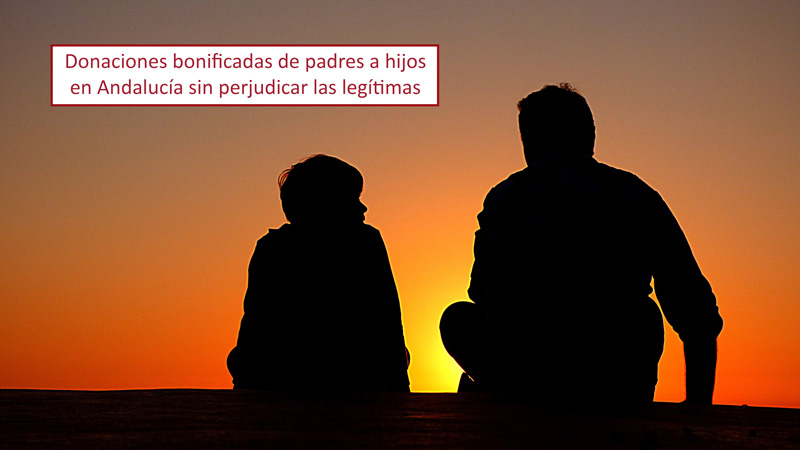The concept and peculiarities of gifts in Spanish law are set out in the Spanish Civil Code, specifically in Articles 618 et seq. Said Articles indicate that it is a free act by which a person who owns an asset disposes of it and gives it away free of charge in favour of another person who accepts it. This fact is perfected when the one who receives it is aware of the circumstances of the delivery and accepts it voluntarily.
This transfer is common practice between parents and children and carries with it the accrual of a tax, which must be settled within a month, by the living taxpayer (who is obliged to pay) receiving the asset. The place of presentation of the settlement is the Autonomous Community in which the donee/beneficiary (the recipient) resides, unless it is a real estate property, in which case it will be where such property is located.
The tax regulations are contained in the Spanish Inheritance Tax Law 29/1987, of 18th December 1987. This tax is assigned by the Government to the Autonomous Communities, which are therefore the ones that legislate in this respect. Many debates have originated since the difference in the tax between some communities and others can be abysmal. All these debates state that the difference is unfair, and they refer to Article 14 of the Constitution, which highlighted that all Spanish citizens are equal before the law, without any discrimination being able to prevail.
Following the regional elections in Andalusia in December 2018, the new government has published Decree Law 1/2019, of 9th April, amending the consolidated text of the provisions issued by the Autonomous Community of Andalusia on assigned taxes, establishing a gift tax rebate similar to other communities such as Madrid. This improvement began to be applied on 11th April 2019, and represents a 99% rebate, with the requirement that this gift be formalised before a Notary Public and that, in the case of a cash gift, the generation of the money in the donor be justified. As several Notary Publics have reported, this change has led to an exponential increase in public deeds regarding the signing of gifts.
Some may think that due to the ease of gifts they may be harming the share to which an heir-at-law is automatically entitled since, if a parent wants, they can make a living gift of all their estate to one of their children and, therefore, at the time of death leave nothing to the rest of the children or leave much less to some of them. However, this is not entirely the case.
It is important to be aware that, when a deed of gift is signed by parents to children, it should indicate whether or not the gift will be collated. The objective of this is protecting the children’s legal inheritance upon their parents’ death, since it is preserved by our legal system.
This collation is a legal figure defined in the Spanish Civil Code, specifically in Article 1.035 et seq. These Articles state that the heir must bring to the estate the assets received during the life of the deceased, in order to take them into account for the division of the estate. However, the assets will not form part of the inheritance if the donor has so stated in the public deed of gift, as not collectible, as indicated by Article 1036 of the same regulation.
The exception to this, however, is in the case of ineffective gifts, that is, gifts whose amount exceeds what the donor could give to the recipient through a will, because this would harm the inheritance of the other siblings.
For example:
In such cases, the value of the property would have to be taken and treated as the highest value of the estate. Here is an example of how to collate an asset from an ineffective gift:
By way of conclusion, we can point out that, in the case that gifts are wanted or have been made and there are several siblings, it would be convenient to indicate the type of gift in the parents’ will in order to avoid any inconveniences or future problems between siblings, as well as to indicate if said gift is collectable, since if it is not indicated it will be understood that it is.

 Español
Español Русский
Русский
